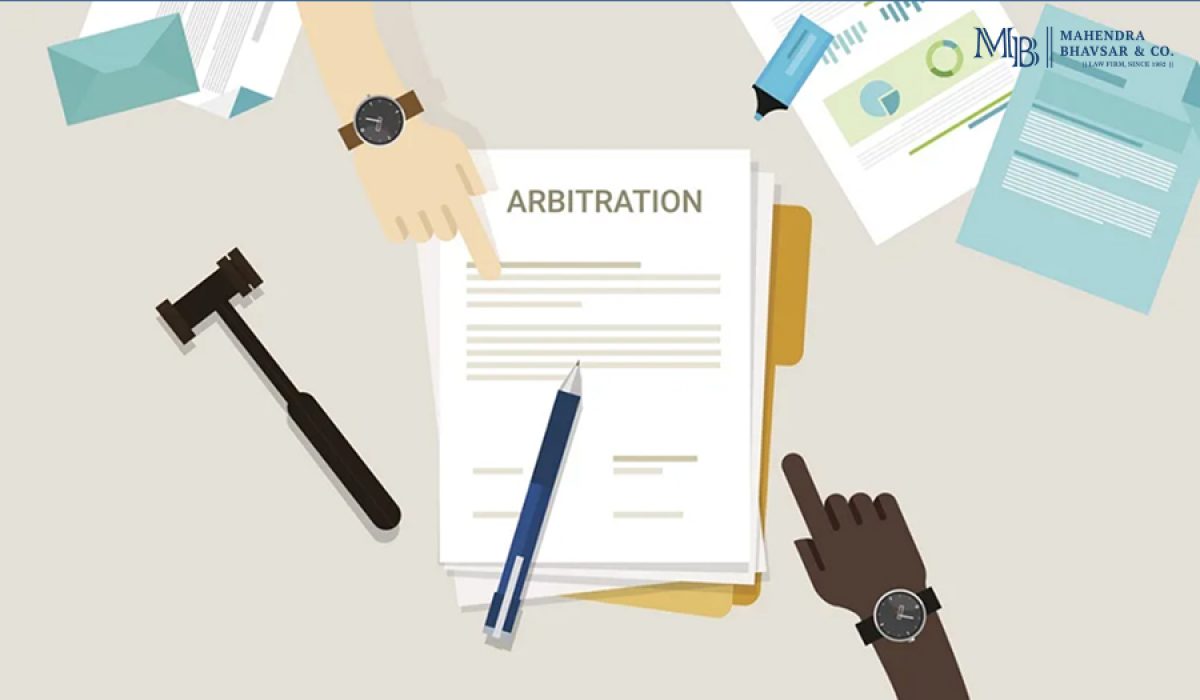Introduction
This article explores a landmark decision by a three-Judge Bench in Gayatri Balasamy v. M/s. ISG Novasoft Technologies Limited, delivered on April 30, 2025. The case addressed a pivotal issue in arbitration law: whether courts have the power to modify an arbitral award under Sections 34 and 37 of the Arbitration and Conciliation Act, 1996, or if their powers are limited solely to setting it aside.
Facts Leading to the Reference
A referral order dated February 20, 2024, placed this matter before a larger Bench to resolve conflicting judicial interpretations concerning the extent of a court’s power when reviewing arbitral awards. The question revolved around whether the power to set aside an award also includes the power to modify it—either wholly or partially.
Issues Framed
The Court framed the following core legal issues:
- Does Section 34 or 37 of the A&C Act authorize a court to modify an arbitral award?
- Can a court partially set aside an arbitral award?
- Is the power to modify a lesser form of the power to set aside?
- Was the ruling in Project Director, NHAI v. Hakeem [(2021) 13 SCC 308] correctly decided?
Arguments Advanced
The Solicitor General and other senior counsels argued for a broader interpretation of Section 34, suggesting that the power to set aside should include modification to avoid repetitive litigation and remand. They emphasized judicial efficiency and proportional remedies.
Opposing counsel emphasized the limited scope and legislative intent behind the A&C Act, noting that no express provision authorizes courts to modify awards. They highlighted the principle of minimum judicial interference, central to arbitration law.
Reasoning of the Court
The Court conducted a statutory analysis of Sections 34 and 37 and examined the legislative scheme and arbitral jurisprudence. It concluded:
- Section 34 does not empower courts to modify arbitral awards. The Court reaffirmed the precedent in Hakeem.
- Modification alters the substance of the award, while setting aside relates to invalidation on specific statutory grounds.
- Courts are permitted to partially set aside awards (via severance), but not to rewrite or reframe them.
- Any attempt to modify would interfere with the arbitral tribunal’s autonomy and undermine the objectives of the A&C Act.
Case Laws Relied Upon
- Project Director, NHAI v. M. Hakeem & Anr. [(2021) 13 SCC 308]: Held that courts have no power under Section 34 to modify an award.
- The Court referenced the scheme and philosophy of the Arbitration and Conciliation Act, which prioritizes finality, minimal intervention, and respect for arbitral determinations.
Conclusion
In its judgment, the apex court reaffirmed a strict interpretation of Sections 34 and 37: Courts may set aside awards, either fully or partially, but cannot modify them. This ensures that courts do not substitute their views for those of arbitrators, preserving the integrity of arbitral proceedings and supporting India’s pro-arbitration policy. The ruling brings final clarity to an important procedural question and fortifies the limited scope of judicial oversight envisioned under the Arbitration Act.
FAQs:
Q1: Can a court change an arbitration award in India?
No. Under Section 34 of the Arbitration and Conciliation Act, courts can only set aside an award, not change or modify its content.
Q2: What happens if only part of an arbitration award is found invalid?
The court can partially set aside the invalid portion if it is severable, leaving the valid parts of the award intact.
Q3: Why can’t courts modify arbitration awards?
Because the law aims to ensure minimum court interference and uphold the autonomy of the arbitral process. Modification would mean replacing the arbitrator’s judgment with that of the court, which is not allowed.
Q4: Can a court review the merits of an arbitral award during challenge?
No. Courts are not allowed to re-examine the facts or re-evaluate evidence in an arbitration award. They can only interfere if there is a legal ground under Section 34, such as fraud, bias, or violation of public policy.
Q5: What does ‘public policy’ mean when challenging an arbitration award?
‘Public policy’ refers to the fundamental principles of law and justice in India. An award can be set aside if it goes against the basic morality or fairness expected by Indian courts, but this ground is interpreted narrowly to avoid unnecessary court interference.
Stay informed with insights that matter. Follow us for more updates on key legal developments.
Disclaimer
The content provided here is for general information only; it does not constitute legal advice. Reading them does not create a lawyer-client relationship, and Mahendra Bhavsar & Co. disclaims all liability for actions taken or omitted based on this content. Always obtain advice from qualified counsel for your specific circumstances. © Mahendra Bhavsar & Co.
